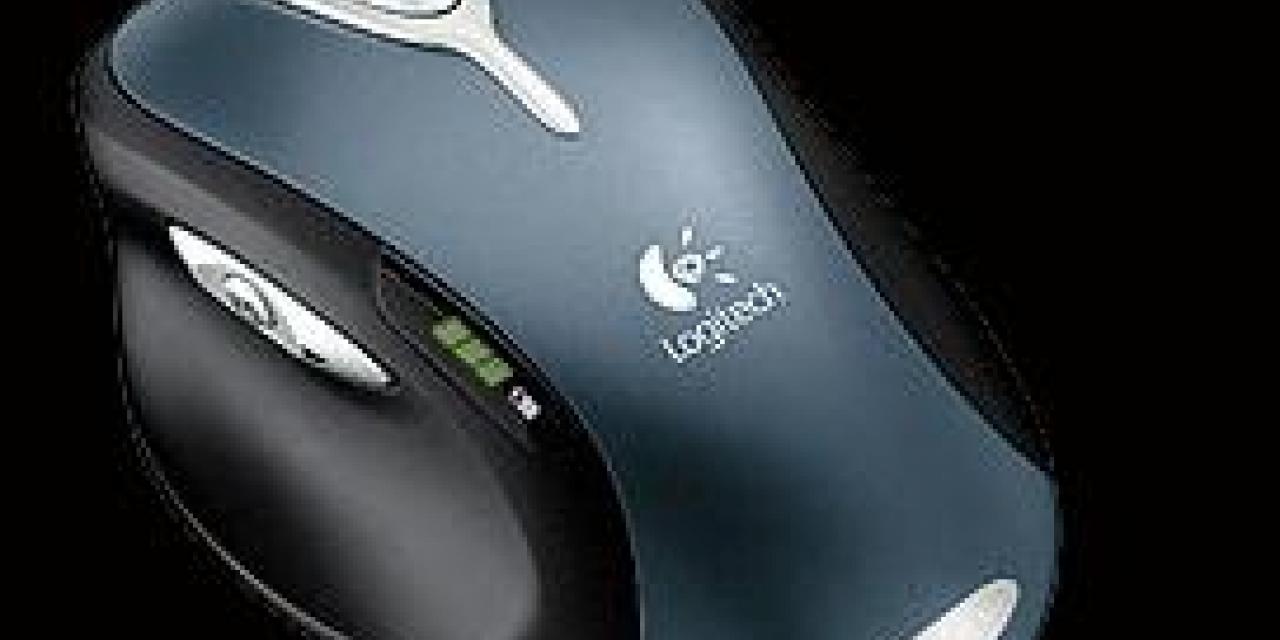
Logitech announced the Logitech MXTM1000 Laser Cordless Mouse, the world's first mouse to use laser illumination and tracking. Combining laser with Logitech's powerful MX processing engine and Fast RFTM wireless technology, Logitech claims the MX 1000 Laser Cordless Mouse will improve responsiveness and accuracy.
Laser is the latest in a long list of mouse firsts for Logitech, a roster that includes the first commercially available mouse in 1982, the first cordless mouse in 1984, and the first cordless optical mouse in 2001. Now, Logitech introduces the first mouse with laser tracking technology.
We've turned off the red light on these optical mice and replaced it with an invisible laser that will change the industry, said David Henry, Logitech senior vice president of the Control Devices Business Unit. Laser will eventually make the optical mice of today obsolete. With laser technology, mice will see more microscopic detail. The nature of laser light gives mice the ability to track with amazing accuracy on more surfaces with more responsiveness than ever before.
The laser tracking technology is the result of an alliance between Logitech and Agilent Technologies. The nearly singular wavelength of laser light is capable of revealing much greater surface detail than the red light-emitting diode (LED) found in today's optical mice. In tests conducted at Agilent, the laser mouse was found to have 20 times more sensitivity to surface detail than LED optical mice. Hence, the laser can track reliably even on tricky polished or wood-grain surfaces.
In a recent Logitech survey of more than 2,000 LED-based optical mice users, more than two-thirds of respondents were interested in the ability to use a mouse on more surfaces. Because of their ability to illuminate the surface in greater detail, laser mice will track on surfaces on which LED-based optical mice tend to falter.
The laser light of the Logitech MX 1000 Laser Cordless Mouse is nearly invisible to the human eye - and very safe. The laser beam emanates through a polished silver ring on the base, illuminates the surface beneath the mouse, and then reflects back up through the same ring where the surface detail is captured by the sensor. The sensor has the ability to capture 5.8 megapixels of detail each second. As the laser mouse is moved, the sensor sees minute changes in the surface detail, which then translates into cursor motion on screen.
While the laser is the key technological innovation that powers the Logitech MX 1000 Laser Cordless Mouse, there are several other features that set it apart from other mice:
The Logitech MX 1000 Laser Cordless Mouse will be available on retail shelves in the U.S. and in Europe and through the official Logitech website beginning this month. Its suggested retail price is USD 79.95 in the U.S. Follow the download tab above for further information.
